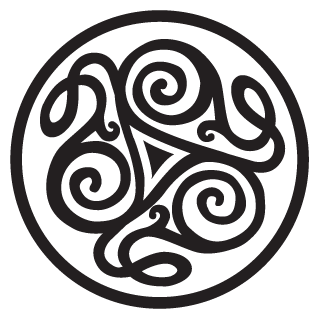
Anxiety - Signs & Symptoms
What are the symptoms of anxiety?
Anxiety is something that affects most people at some time in their lives. It can show up as repetitive worrisome thoughts, underlying unease, or intense feelings of fear or dread about the future. There may be a sense of restlessness or being on edge and difficulty sleeping. Physical symptoms can include changes in breathing, light-headedness, nausea, heart palpitations, stomach agitation, muscle tension or tremors, and increased sweating. Anxiety can play havoc with our ability to rest and relax, creating more anxiety and putting stress on the mind and body. This can result in a negative feedback loop.
The Fight, Flight, or Freeze Response
The mind does not distinguish between real danger in the present, and thoughts about what might happen. When we become anxious, the Fight, Flight or Freeze response is activated. During fight or flight, adrenalin is released into the bloodstream and this travels throughout the body affecting the organs. Heart rate is increased so that blood can be pumped quickly, and rapid breathing delivers oxygen into the bloodstream. Blood moves from your vital organs to your limbs in preparation to run or defend against something. This can also make you feel light-headed or faint. You may have difficulty thinking straight because the survival response/instinctual part of the brain has taken priority over logical, decision-making functions. In some situations, anxiety can cause a freeze response. This can cause an inability to move, make you feel numb, or you might experience a feeling that you are not in your body.
These instinctive responses were valuable to our ancient ancestors who may have had to deal with sabre-toothed tigers and other frequent threats to their physical safety. In modern life, anxiety is usually caused by things that do not require us to run, fight, or freeze.
Soothing the Nervous System
Taking steps to soothe your nervous system when you begin to feel anxious is important because it can reduce the chance of the symptoms escalating. This can help to ease the uncomfortable bodily symptoms and prevent an anxiety spiral.
Calming the breath and focusing on the body have been shown to reduce anxiety. Here are three immediate steps you can take if you feel your anxiety levels rising -
Breathing Slowly
Slowing down your breathing helps to send a message that the threat is no longer present.
At its most simple - breathe in as normal, then slowly breathe out… repeat this for a couple of minutes.
Many people find Square Breathing to be helpful. This involves inhaling to a count of 4… holding the breath to a count of 4… exhaling to a count of 4… holding the breath to a count of 4. Repeat this process for a couple of minutes. If counting to 4 feels too long, reduce the time to a level that is comfortable.
Focusing on the Body
Place your attention on your feet. Wiggle your toes. Stamp your feet. Focus on the sensations. Place your attention on your hands. Make a fist then relax your hand. Open your palm and spread your fingers. Clap or rub your hands together. Focus on the sensations.
Visualisation
Imagine yourself in a beautiful, peaceful space. It could be based on a fond memory of somewhere, a collection of different places, or a place created entirely in your imagination. Imagine yourself exploring this space with all of your senses - what can you see, hear, smell, touch, and taste?
Note - As your body relaxes you may find yourself shaking, experiencing tremors or muscle-twitches, or having the urge to move. This could be a sign of a trauma discharge, which animals tend to do instinctively. If it feels safe, let your body move and express itself in whatever way feels right.
This article is purely informative. I am not a medical professional and do not have the authority to provide a diagnosis. I invite you to visit your GP or another healthcare provider if your condition is interfering with your daily life, or you are in any pain.
